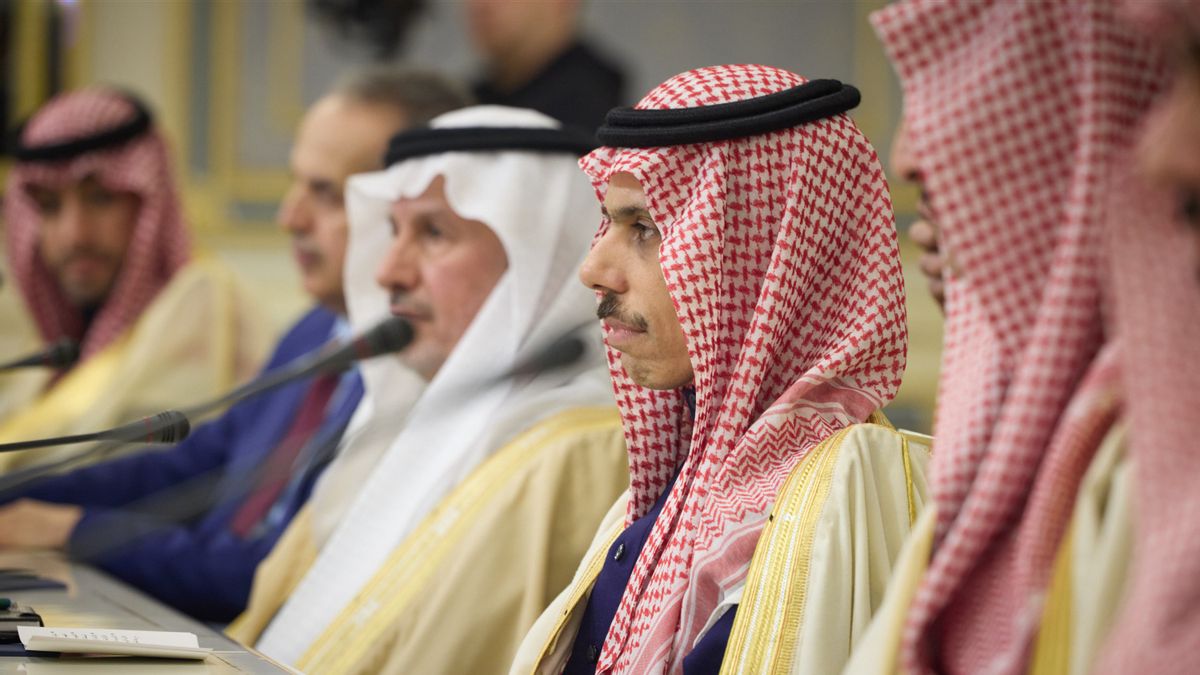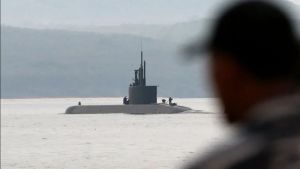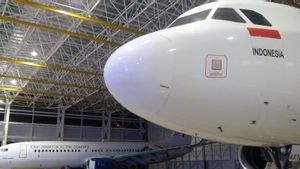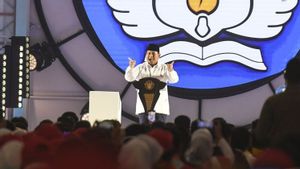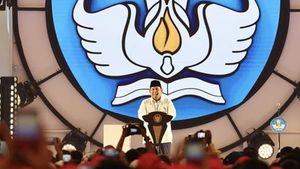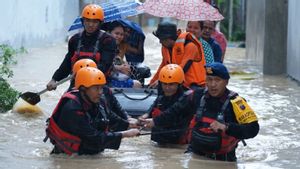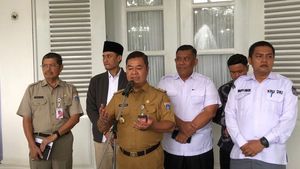JAKARTA - Real efforts to restore Iran's relations with Saudi Arabia continue, with the foreign ministers of the two countries, Prince Faisal bin Farhan Al Saud and Hossein Amirabdollahian, agreeing to meet in Ramadan this year, according to the Saudi state news agency SPA on Monday.
The SPA said the two foreign ministers spoke by telephone for the second time in recent days.
"During the phone call, a number of general issues were discussed in connection with the tripartite agreement signed in the People's Republic of China," the SPA said.
"The two ministers also agreed to hold a bilateral meeting between them during the ongoing month of Ramadan," he continued.
Earlier this month, Iran and Saudi Arabia agreed to revive relations after years of hostilities that have threatened stability and security in the Gulf and helped fuel the conflict in the Middle East from Yemen into Syria.
The agreement between regional powers, Sundanese Saudi Arabia and its longtime rival Iran, brokered by China, was announced after previously undisclosed talks in Beijing between top security officials of the two countries.
Analysts say both sides will benefit from de-escalation, as Iran seeks to undermine the United States' efforts to isolate it in the region, while Saudi Arabia tries to focus on economic development.
Previously, the two foreign ministers agreed to meet immediately to prepare for the reopening of embassies and consulates, after the two countries normalized their diplomatic relations.
Last week, Iranian President Ebrahim Raisi received an invitation from King Salman of Saudi Arabia to visit the kingdom, following a reconciliation agreement between the two countries, an Iranian official said.
"In a letter to President Raisi... The King of Saudi Arabia welcomed the agreement between the two brothers (and) invited him to Riyadh," Mohammad Jamshidi, deputy chief of staff of Iran's President for political affairs, adding, "President Raisi welcomed the invitation," reported Al Jazeera.
Saudi Arabia cut ties with Iran in 2016 after its embassy in Tehran was invaded during a dispute between the two countries over Riyadh's execution of a Shia cleric.
The kingdom blamed Iran for missile and drone attacks on its oil facilities in 2019, as well as attacks on tankers in Gulf waters. Iran denies the allegations.
Meanwhile, Iran's allied Houthi movement in Yemen has also carried out cross-border missile and drone attacks on Saudi Arabia, leading the coalition to fight the Houthis, and in 2022 expanding attacks on the United Arab Emirates.
The English, Chinese, Japanese, Arabic, and French versions are automatically generated by the AI. So there may still be inaccuracies in translating, please always see Indonesian as our main language. (system supported by DigitalSiber.id)
